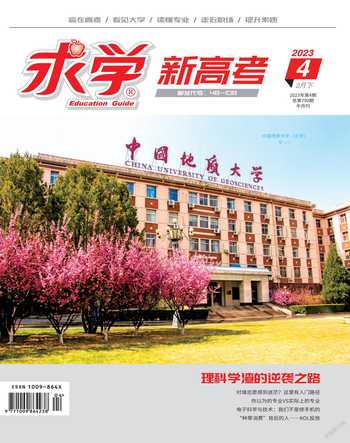深圳大学毕业生支援新疆
胡静
“Go to China’s far west, where our country needs us the most.” Inspired by the slogan, in the summer of 2020, Ye Yaoning, a graduate of Shenzhen University, embarked on his journey to Northwest China’s Xinjiang Uygur autonomous region.
In 2010, Guangdong province, Ye’s hometown, was selected to provide pairing assistance to southwestern Xinjiang’s Kashgar. “I could not see anyone in absolute poverty in Guangdong. I knew they must be in the places unseen, the farthest places,” Ye explains the reason for participation.
His family did not support his decision at first because of the arduous work involved and unfriendly climate in the west. After negotiating with his family, Ye thought he was prepared for the tough conditions.
With other cadres (干部) and three volunteers from Guangdong, he lived right above his office and was on standby 24 hours a day. The job having nothing to do with his major made it harder for him to adapt to the new environment. “Neither cadres nor volunteers had weekends and sometimes they even worked overtime until 6 am. There was no ‘balance’ between life and work,” he says.
The dry climate presented another big challenge. Cadres joked that waking up to a dry and bleeding nose was a reminder that they were in Xinjiang. Low in humidity and with a lack of foliage, sandstorms often occur, even in the summer.
Agriculture development in Kashgar is also hampered by the bad climate. Pieces of saline land (盐碱地) are unable to grow anything as if they were covered by frost.
“There was nothing we could do with the land except to convert it into cattle or sheep farms.”
Language was the biggest challenge for Ye, whose mother tongue is Mandarin, while the local people mostly speak Uygur. “It was challenging to get their trust because of our different appearance and the languages we spoke,” he says.
(材料出自China Daily,2022年12月21日,有刪改)
1. Which statement is true according to the passage?
A. Ye set out for Xinjiang in 2010.
B. Ye usually worked overtime in Xinjiang.
C. Ye’s family supported him from beginning to end.
D. Saline land was used to grow crops finally.
2. Why does the author mention “bleeding nose” in paragraph 5?
A. To show Ye was exhausted.
B. To prove a lack of drinking water in Xinjiang.
C. To reflect dry climate in Xinjiang.
D. To inspire readers with his persistence.
3. Which of the following best describes Ye according to the text?
A. Determined and strong-willed.
B. Optimistic and friendly.
C. Strong and humble.
D. Warm-hearted and patient.
4. What will the passage talk about next?
A. Ye’s hardship in Xinjiang with little time to rest.
B. Ye’s adaptation to the dry climate.
C. Ye’s return from Xinjiang.
D. Ye’s experience to try to talk with the locals.
参考答案:1.B 2.C 3.A 4.D

